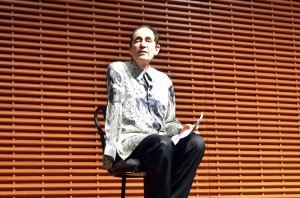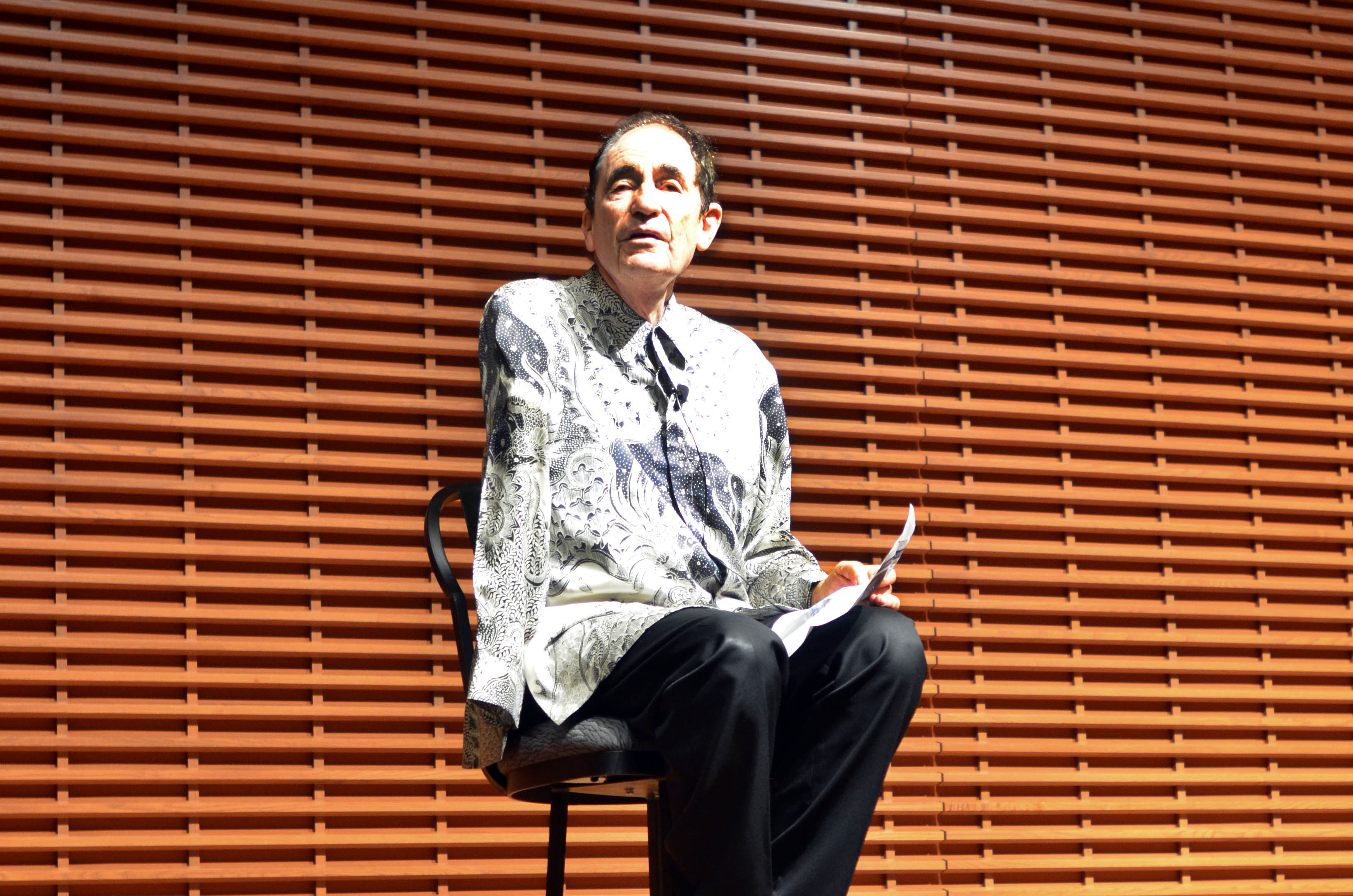
*This piece was original posted in the Social Enterprise Institute Newsletter.*
To say the social transformations occurring in South Africa are sweeping would be an understatement. Only 19 years ago, the beautiful country was plagued with laws that incarcerated progressive leaders and suppressed any notion of majority rule in every industry. Today, new-found harmony amongst races and classes is continuously emerging. However, it cannot be forgotten that the seed from which these advances emerge was challenging to plant.
Justice Sachs began sowing the land for equality long before any sense of justice was tangible. He overcame solitary confinement and exile for his work in the anti-apartheid movement. He survived a targeted bombing by South African security forces. In 1994, Nelson Mandela appointed Justice Albie Sachs to the Constitutional Court.
His perseverance and perspective translated into a new democratic constitution for South Africa. “The Constitution was to give protection and hope to an abused country,” said Sachs at the Moakley Court House in Boston this month at an event presented by South Africa Partners and Discovering Justice. The Constitution and its keepers must recognize that “peace for the next generation is a peace that does not lose the memory or humanity with which it was won.”
Human rights were Sachs’s primary objective when developing the constitution. A central tenet to human rights is the concept of “innocent until proven guilty.” “The [Constitutional] Courthouse needed to be a town hall, and not be intimidating,” Sachs said at the event. “Even when I go to court, it is so intimidating, I feel guilty.”
“Humanity” in South Africa is like “liberty” in the United States: a ubiquitous term that represents solidarity amongst its people. Humanity is also described as ubuntu, which means, “I am what I am because of who we all are.” Justice Sachs points to ubuntu as the cornerstone of South Africa’s constitution’s heavy detail on equal protection under the law.
Equality is not yet achieved in South Africa. One audience member prefaced her question for Justice Sachs with statistics such as: South Africa has the highest AIDS rate in the world, nearly a third of public schools do not have running water, and over a quarter of the population lives in slums. Change from the days of abuse 19 years ago can feel like yesterday for many in South Africa.
Justice Sachs retired from the Constitutional Court in 2009, but realizes that there is much work to be done and to be done with optimism. “I am amazed to see how well they [the Constitutional Court] are doing,” he said, “and dismayed to see how well they are doing without me.”
The importance of South Africa’s societal transformation is not the transition from autocracy to democracy, but to a constitutional democracy. Societal change is difficult to create; to write ideals on paper requires diligence. Societal change is challenging to maintain; to keep progress as the norm requires ingenuity. Justice Sachs’s success is his approach to “live a life of the law that is productive, creative, artistic, and faithful,” said Northeastern University School of Law’s Professor Margaret Burnham.
Justice Sachs is a strong role model for all those who wish to be the change they want to see in the world. He reminds us that transformation requires new and experienced perspectives, optimism, and will. No matter how difficult or challenging a goal may be to achieve, it is always possible if the goal is worth the effort.
Laura Mueller-Soppart
Economics & Political Science ’13



